Bing AI and other OpenAI would soon be capable of emotions
AI will reach superintelligence in 4 years, the experts say.
3 min. read
Published on
Read our disclosure page to find out how can you help Windows Report sustain the editorial team. Read more
Key notes
- Bing AI and the other OpenAI tools could benefit from it.
- There is a team of scientists who want to work together on achieving AGI in 4 years.
- ASI will soon follow, however, it can be very dangerous if the AI wants to go rogue.
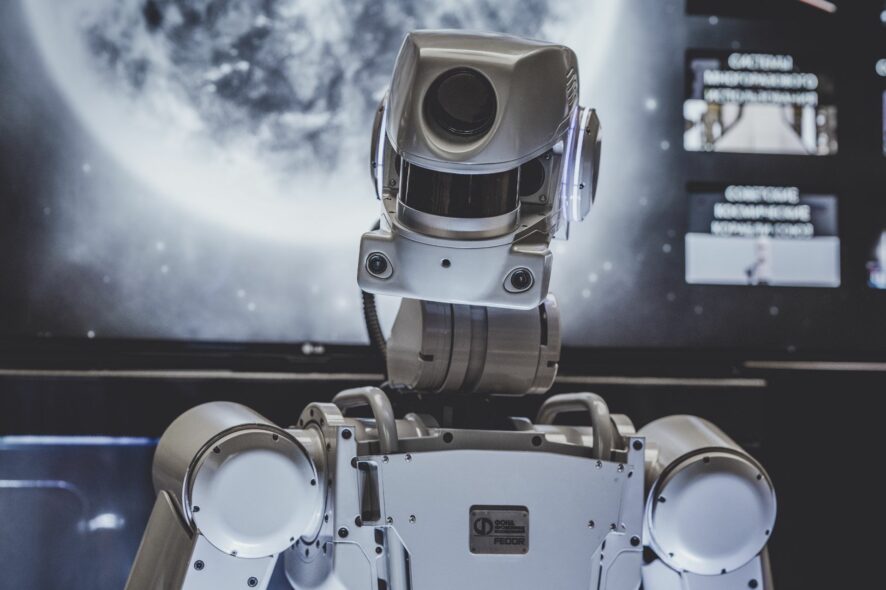
AGI and ASI stand for Artificial General Intelligence and Artificial Super Intelligence. When we talk about AGI or Artificial General Intelligence, then it means that a robot with AGI will be able to think like a human mind. AGI is similar to the human mind.
On the other hand, ASI, or Artificial Super Intelligence surpasses the human mind, and it would even be capable of showing emotions. Or even forming relationships. And to the scientists from the Superalignment project, Bing AI and other OpenAI tools will reach ASI this decade.
Truth is, Microsoft, for example, has poured a lot of budget into investing in AI research, and the results are fascinating. There is Orca 13B, which the Redmond-based tech giant will release open-source.
You’ll have LongMem, which will train your AI model to have an unlimited context length. Kosmos-2 is gaining visual knowledge, and it’s a Microsoft-funded project.
And now there is the Superalignment project, which is not Microsoft-funded, but will help BingAI as well since the AI tool is based on GPT.
OpenAI AGI timeline – in 4 years AI will reach AGI
According to Superalignment’s statements, superintelligence will be the most impactful technology humanity will ever discover. We will be able to solve a lot of the world’s problems when we’ll discover it.
We need scientific and technical breakthroughs to steer and control AI systems much smarter than us. To solve this problem within four years, we’re starting a new team, co-led by Ilya Sutskever and Jan Leike, and dedicating 20% of the compute we’ve secured to date to this effort.
The team’s honesty is prevalent. They don’t have a solution for controlling a potentially superintelligent AI or preventing it from going rogue. According to them, the current alignment techniques will not scale to superintelligence. There is a need for new scientific and technical breakthroughs.
So they came up with a plan. The goal is to build a roughly human-level automated alignment researcher. Then they will use vast amounts of computing to scale the efforts and align superintelligence to their needs.
The team wants to reach this goal in four years. Go to their website here, if you want to read more about the project. And if you’re interested in the subject, or you have expertise in it, then you can sign up to join the team.
What do you think? Will AI reach superintelligence in 4 years? Let us know what you think in the comments section below.
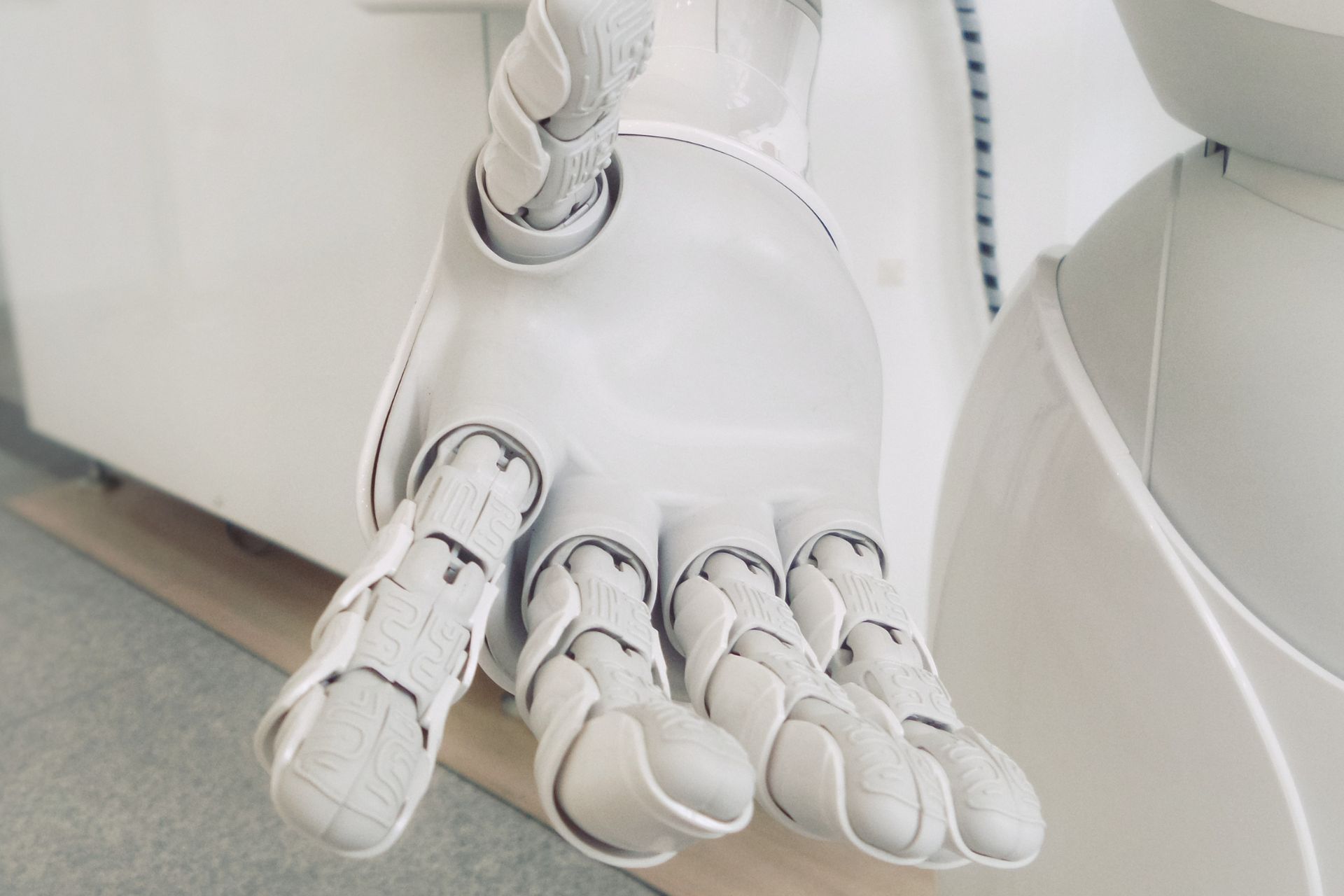
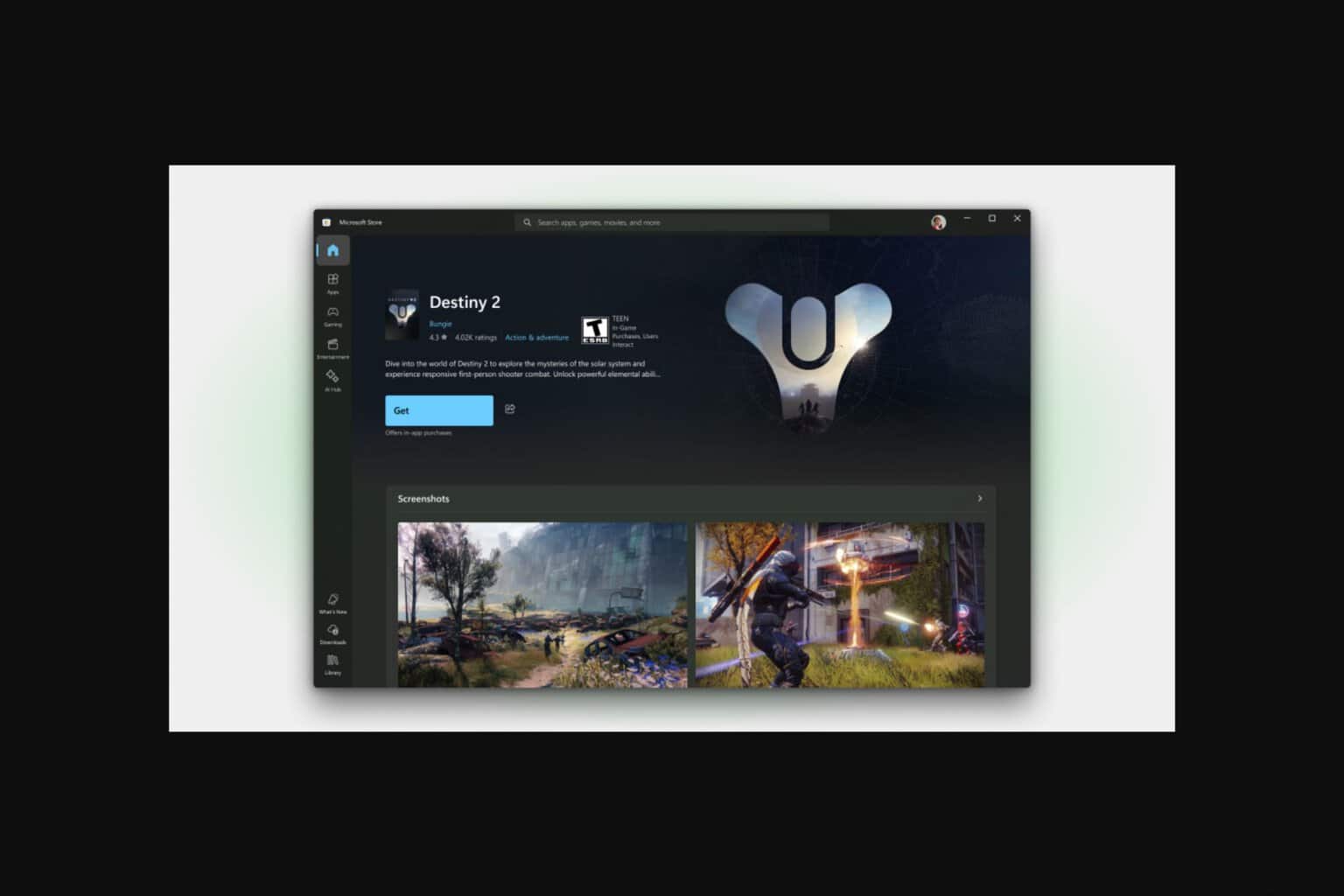
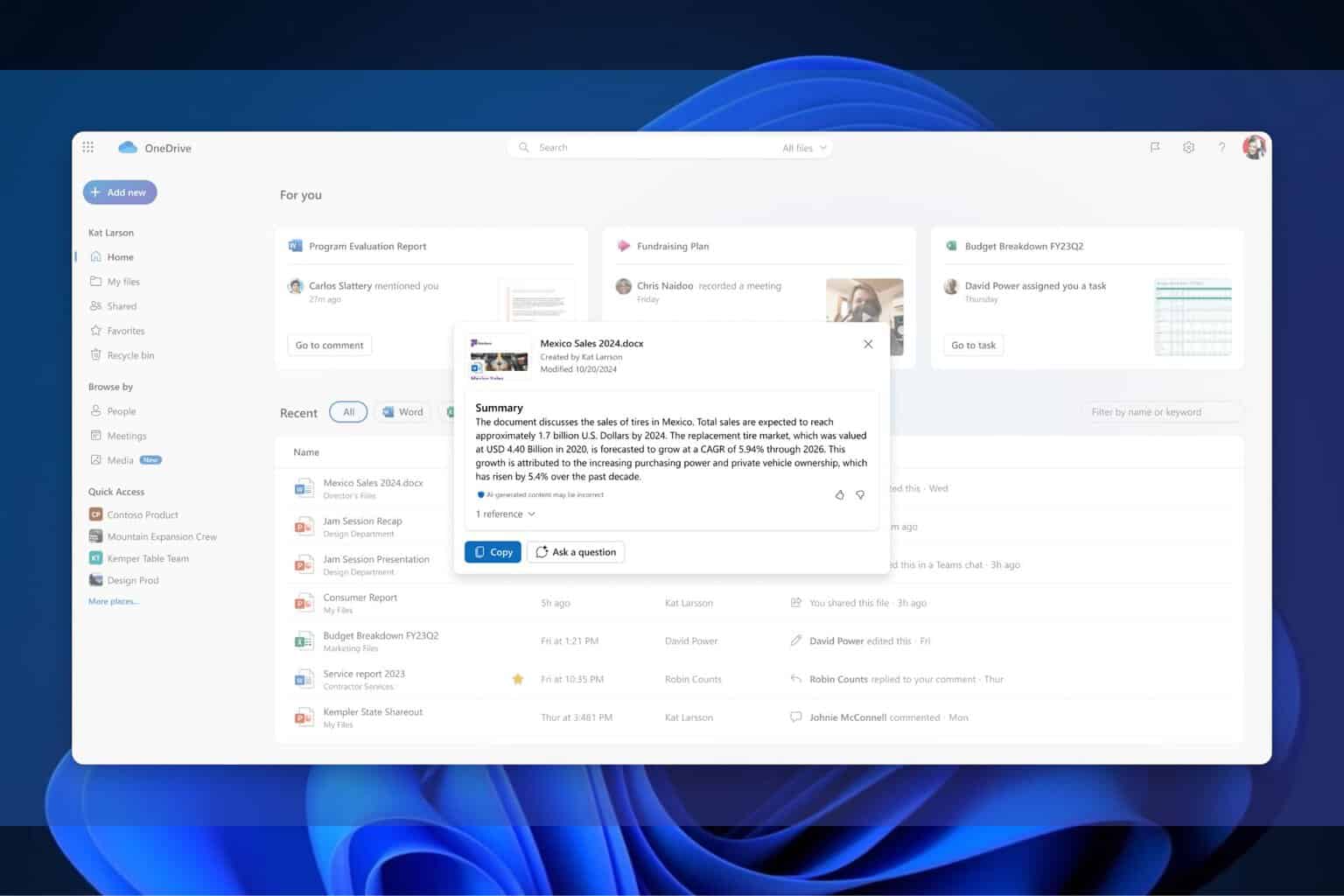
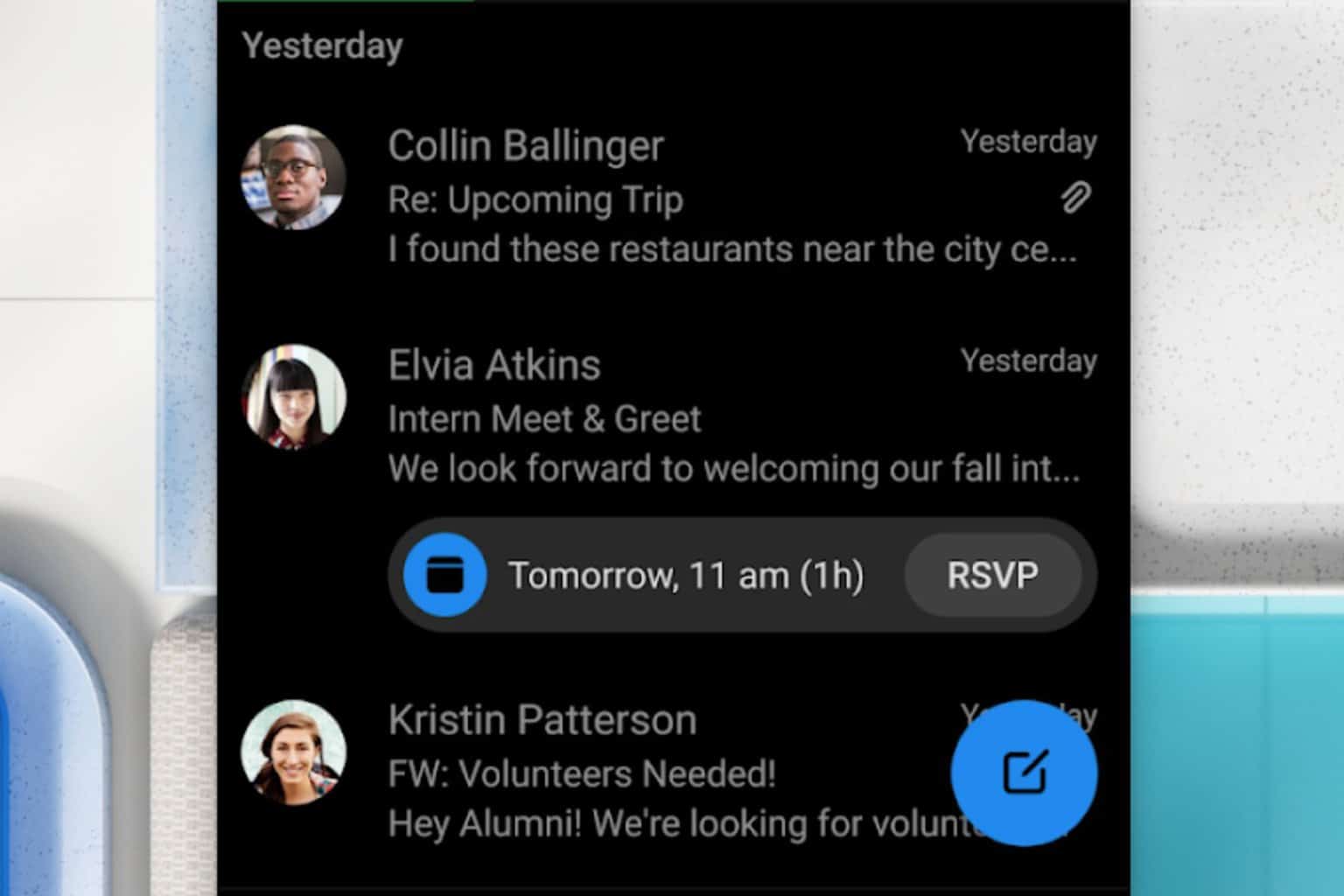
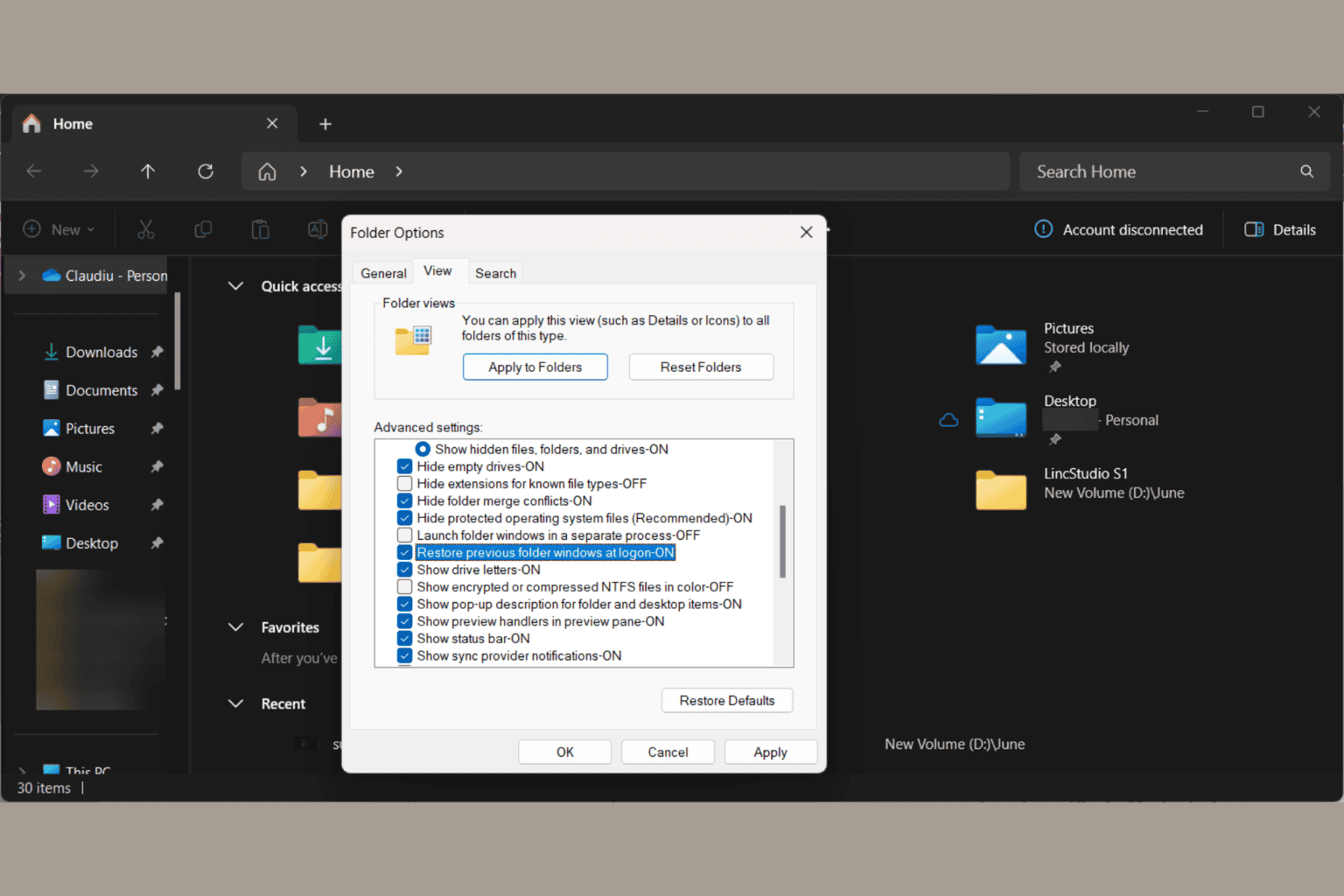


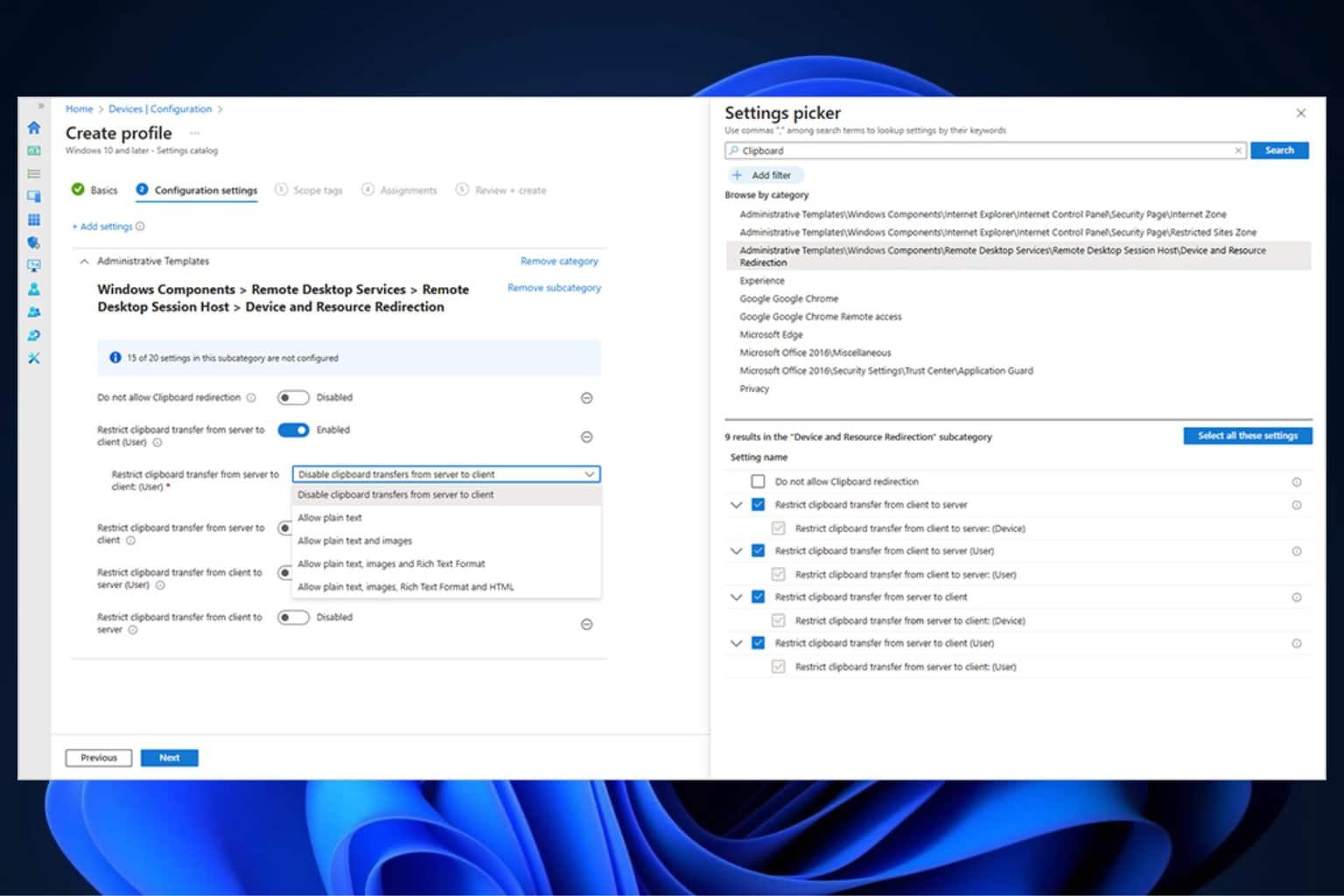
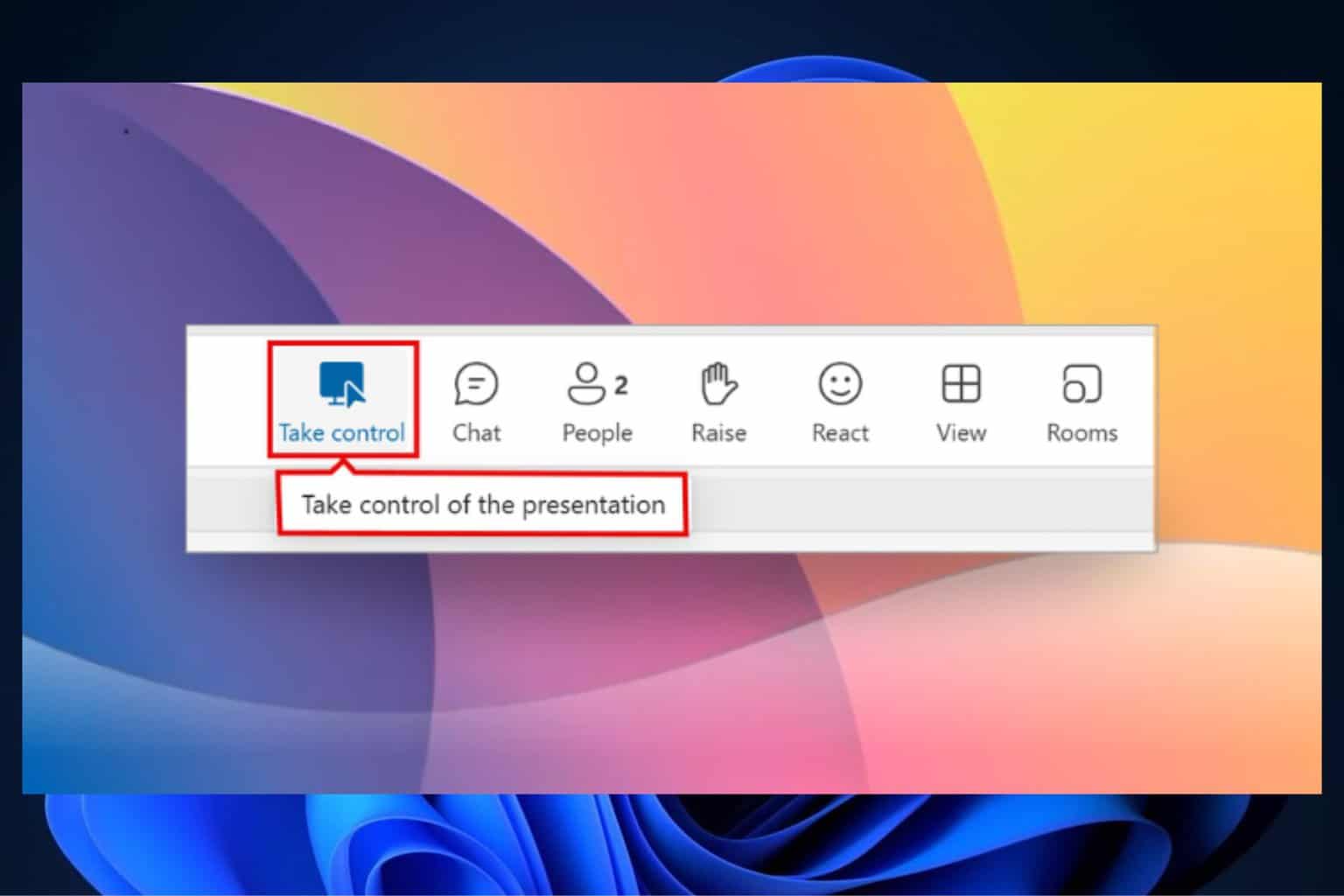
User forum
0 messages